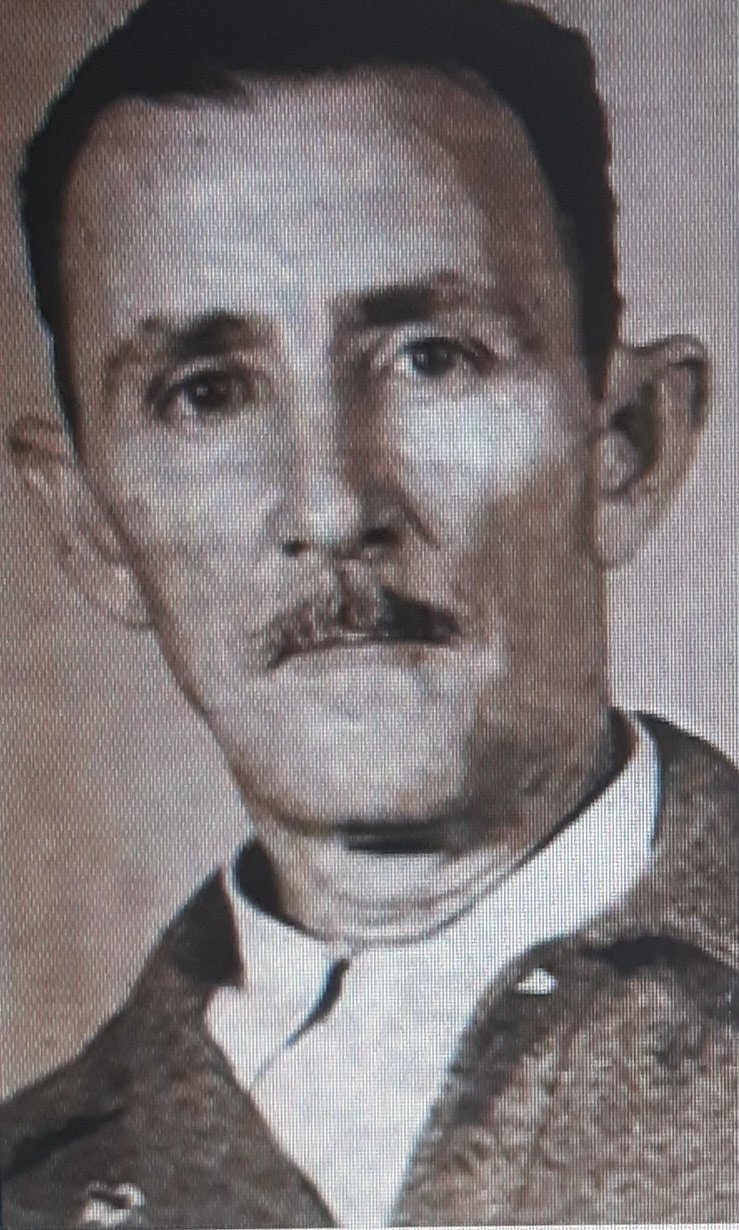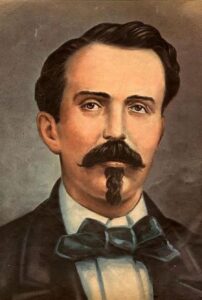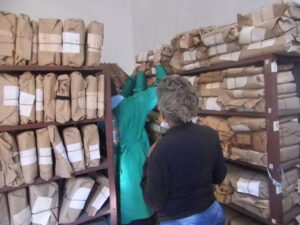Sabino Pupo: Leader of the Cuban countryside.

His commitment to social justice and his example of resistance have made him an outstanding figure in the history of the island, a symbol of the indomitable spirit of the Cuban farmers.

The history of the largest Antillean Island honors the memory of Sabino Pupo Milián as one of the most prominent revolutionary leaders and activists in the defense of the Cuban farmers, a work inspired by his admiration for the mettle, perseverance and heroism of these workers.
Born on March 19th, 1895 in the province of Las Tunas, he found his place as a young man in agricultural work.
Facing and witnessing the profound injustices that affected those who lived off the land, he forged his socio-political commitment in favor of the rights of farmers and in the search for better living conditions for them. His tireless struggle for the welfare of the peasantry led him to join organizations such as the Álvaro Reynoso Valdés and Santa Lucía Associations and in 1948, in the Camagüey territory of Nuevitas, he was elected leader of the latter, consolidating his influence in the agrarian movements of the time.
The integrity and firmness of his character were evident when he rejected the tempting economic offers of the U.S. Manatí Sugar Company, which sought to take over the lands that he and other families cultivated due to their fertile quality.
With courage, Pupo Milián proclaimed that neither the honor nor the dignity of the peasantry could be bought. This solid position and his leadership capacity made him an uncomfortable figure for the foreign sugar companies, who saw in him a threat to their economic interests.
Finally, on October 20th, 1948, in the town of Camalote, the Manatí Sugar Company resorted to violence to silence his activism, taking his life with bloody gunshots. Although his career was tragically cut short, Sabino Pupo Milián left an indelible legacy in the struggle for the rights of farm workers in Cuba.
His commitment to social justice and his example of resistance have made him an outstanding figure in the history of the island, a symbol of the indomitable spirit of the Cuban peasantry.
Written by Yadiel Barbón Salgado.




